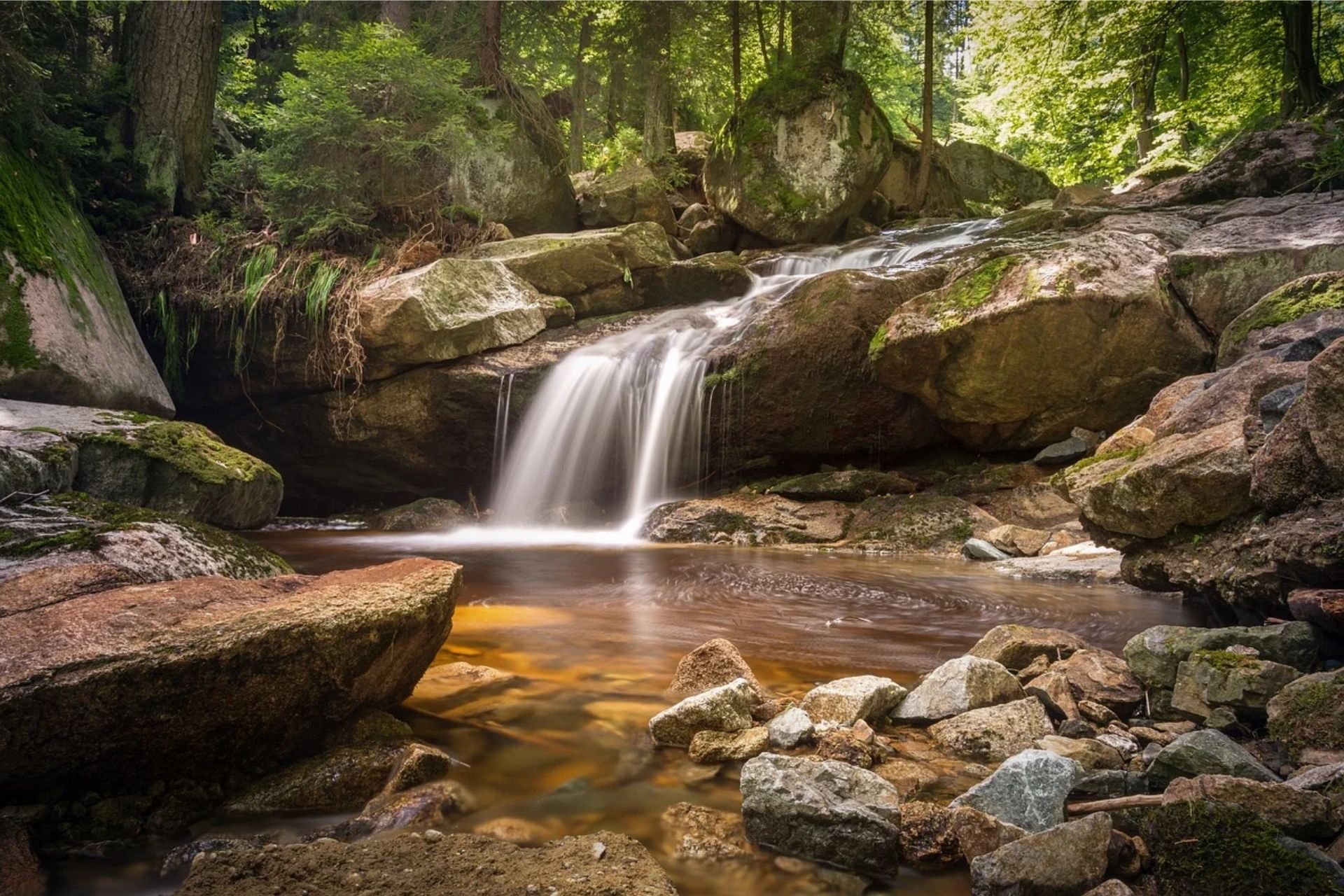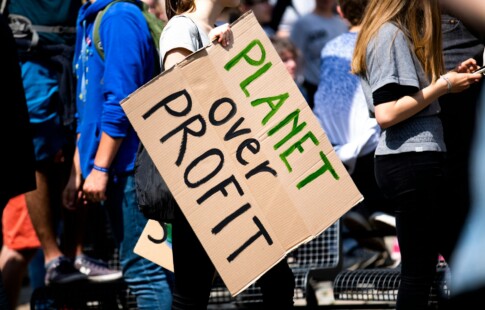
The Ways to Conserve Natural Resources
We are reader-supported. When you buy through links on our site, we may earn affiliate commission.
As the global population expands, the demand for abundant food and material supplies increases. Climate change causes limitations for agricultural professionals and the industrial sector, minimizing production abilities. For example, the evaporation rate rose as Earth’s temperature increased, leaving farmers without enough water to support their crops.
Most of America’s produce derives from California, ridden by drought. Without enough natural resources to fuel the growth cycle, the starvation rate in the U.S. may rise. Fortunately, there are ways individuals can conserve natural resources to improve humanity’s well-being and support the global ecosystem.
What are Natural Resources?
Before exploring the ways to conserve natural resources, we must examine the term independently. It signifies all of Earth’s supplies considered valuable in their organic forms. Individuals access natural resources through purification, mining and other extraction processes.
If workers have to manufacture or produce a product, it is not a natural resource. They are either renewable or non-renewable based on their livelihood. All Earth’s resources are beneficial to the global ecosystem until society misuses them.
Why Should We Conserve Natural Resources?
Conserving, rather than misusing, natural resources is essential to the planet’s longevity and stability. There are three primary reasons humans may conserve resources. The first is to repair humanity’s past ecological degradation, protecting future generations.
Secondly, we can conserve natural resources to maintain biodiversity for society’s benefit. Lastly, individuals protect Earth’s diversity for the enjoyment of the environment. Society exploits natural resources in various ways, making conservation efforts challenging.
A common form of resource exploitation occurs between humans and fossil fuels. When society extracts and misuses the natural resource, it produces adverse ecological effects. Fossil fuels are non-renewable elements.
When humans extract the product, Earth’s supply dwindles. The ways society uses fossil fuels also creates environmental challenges. Most of the transportation, electricity and energy sectors run on the natural resource.
During combustion, fossil fuels emit greenhouse gases into the environment. They pollute the atmosphere, changing its composition and limiting its ability to produce life-sufficient surface temperatures. Emissions interfere with Earth’s organic heat regulation process.
Naturally, the atmosphere produces heat from infrared radiation, warming the surface. Then, it collects excess energy and sends it to space, minimizing the risk of overheating. Greenhouse gases raise the atmosphere’s light-to-heat exchange rate.
They also trap extra energy in the environment, filtering it back through the heat production process. Over time, the gases raise Earth’s temperature and cause adverse ecological impacts. The enhanced greenhouse effect displays the importance of conserving natural resources.
It is also essential to preserve other vital elements like water to enhance global sustainability levels. When society engages in the top ways to conserve natural resources, they can extend the global ecosystem’s longevity, improving the well-being of future generations.
Use Less Water
Individuals can engage in resource conservation by shrinking their water footprints. You may decrease your exploitation of freshwater sources by installing a rainwater harvesting system. The device collects, stores and purifies stormwater, reducing adverse interference effects.
The system gathers runoff in barrels, either filtering it directly to an irrigation device or a purification source. After the sterilization process, residents can utilize the water to clean, bathe and drink. Individuals can also reduce resource exploitation by installing efficiency-enhancing appliances.
Invest in Smart Appliances
Residents can conserve natural resources from home by investing in smart appliances. One device helping individuals decrease their reliance on the energy grid is a smart thermostat. The technology connects to one’s heating, ventilation and air conditioning (HVAC) system, minimizing unnecessary power pulling.
Homeowners can program the device to turn off during designated times, like when the house is vacant. It also collects local weather predictions through a Wi-Fi connection, adjusting indoor temperatures to reduce unnecessary emissions. Smart sprinklers additionally use the internet to minimize natural resource exploitation.
The systems also access local weather predictions, adjusting watering schedules during high-precipitation seasons. They further reduce freshwater waste by evaluating peak sunlight hours, decreasing evaporation-related water loss. Individuals can additionally improve their conservation efforts by recycling.
Recycle
Mining professionals extracted enough materials to date, supporting global production needs. If we recycled all of our old, broken and expired products, we could create a sustainable-closed loop system. Extraction processes deplete non-renewable resource supplies and release toxins into the environment.
Recycling and repurposing goods could preserve the abundance of materials on Earth and reduce pollution. Reprocessing materials also uses significantly less energy than original manufacturing processes, decreasing the enhanced greenhouse effect. Thrifting is another form of recycling that produces zero industrial-related emissions.
The practice prevents fast fashion pollution from degrading local ecosystems. It also conserves freshwater because the fast fashion industry produces about one-fifth of wastewater globally. Most old clothes end up in landfills, creating more municipal solid waste.
When individuals thrift their clothes, furniture, appliances and other goods, they conserve a substantial amount of natural resources. After exploring the benefits of environmental preservation, you may engage in sustainability-enhancing practices.
What are the Best Ways to Conserve Natural Resources for You?
The best way to start conserving resources is by minimizing your consumption patterns. You can shrink your water and carbon footprints without investing in new appliances by using alternate forms of transportation, like walking instead of driving. Additionally, you may make minor changes, like turning off the lights before leaving the house and taking shorter showers, to protect the environment.
Share on
Like what you read? Join other Environment.co readers!
Get the latest updates on our planet by subscribing to the Environment.co newsletter!
About the author

Jane Marsh
Starting from an early age, Jane Marsh loved all animals and became a budding environmentalist. Now, Jane works as the Editor-in-Chief of Environment.co where she covers topics related to climate policy, renewable energy, the food industry, and more.





